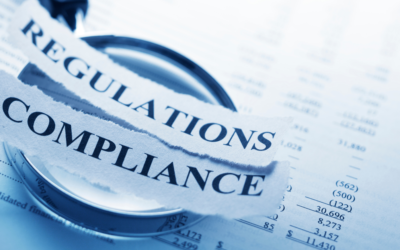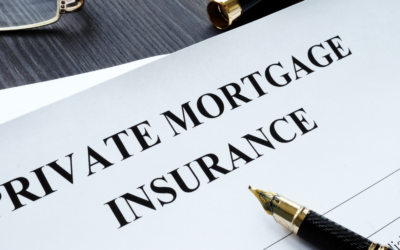In today’s discussion, we will explore the concept of pro forma in real estate investment. A pro forma is a financial document that provides an estimate of the income and expenses associated with a property.
It plays an important role in helping investors, whether individuals or financial institutions, determine the viability of purchasing or financing a property. Let’s delve into the key components and significance of a pro forma.
Estimating Income and Expenses
At its core, a pro forma is a tool for estimating the financial performance of a property. It is used to calculate whether the property can generate enough income to cover its expenses, repay loans, and ultimately yield a profit.
This analysis is essential for making informed decisions in the world of real estate investment.
Setting Standard Expense Percentages
In many cases, real estate investors may not have access to exact expense figures from the property seller. To address this, pro formas often rely on predetermined expense percentages.
These percentages are applied to various expense categories, such as vacancy, capital improvements, bad debt, and maintenance. By planning for the worst-case scenario, investors can better prepare for unforeseen expenses.
Income Projections

One critical aspect of the pro forma is estimating the property’s income. This includes calculating current rental income and projecting future rental income after renovations or property acquisition.
It’s important to note that some property owners may not adjust rents over time, resulting in rental rates that lag behind the market. pro formas aims to rectify this by providing a realistic picture of potential future income.
Detailed Expense Categories
pro formas break down expenses into various categories, including property taxes, insurance, water, and others.
Even expenses that may not currently apply to the property, such as landscaping or snow removal, are accounted for in a line item. These details ensure that investors are adequately prepared for all possible costs associated with property ownership.
Vacancy and Bad Debt

Vacancy and bad debt are crucial line items in the pro forma. Vacancy rates are estimated to account for periods when the property may be unoccupied. Planning for vacancies, even if they don’t occur, demonstrates a prudent financial approach, particularly when dealing with lenders.
Bad debt, another expense category, represents money that may never be recovered from tenants. Allocating a percentage for bad debt acknowledges the reality that not all tenants may fulfill their financial obligations.
Maintenance Expenses
Maintenance expenses can vary greatly depending on the property’s condition, age, and quality. pro formas accommodate this variability by allowing investors to allocate between 5% and 10% of the property’s income to cover maintenance costs.
Calculating Net Operating Income (NOI) and Cap Rate

Once all income and expense projections are in place, the pro forma calculates the property’s Net Operating Income (NOI). NOI is the income remaining after accounting for all operating expenses. It is a crucial figure used to evaluate the property’s financial performance.
NOI, in turn, plays a pivotal role in determining the property’s Capitalization Rate (Cap Rate). The Cap Rate is a key metric used to assess the investment’s potential return. It helps investors identify properties that align with their financial objectives and avoid emotional decisions.
Taking Emotions Out of Investment Decisions
The use of a pro forma in real estate investment is a strategic approach aimed at eliminating emotional factors from the decision-making process.
By adhering to predetermined financial criteria and cap rates, investors can stay focused on their financial goals rather than being swayed by emotions during the property acquisition process.
Conclusion
A pro forma is an indispensable tool for real estate investors. It provides a structured framework for estimating income and expenses, ensuring that investors are financially prepared for all possible scenarios.
If you are seeking guidance in creating and analyzing a pro forma for your prospective property investments, consider consulting with real estate specialists like Profitable Properties Boston.
We can assist you in making financially sound choices and advancing your path from one property to financial prosperity.




